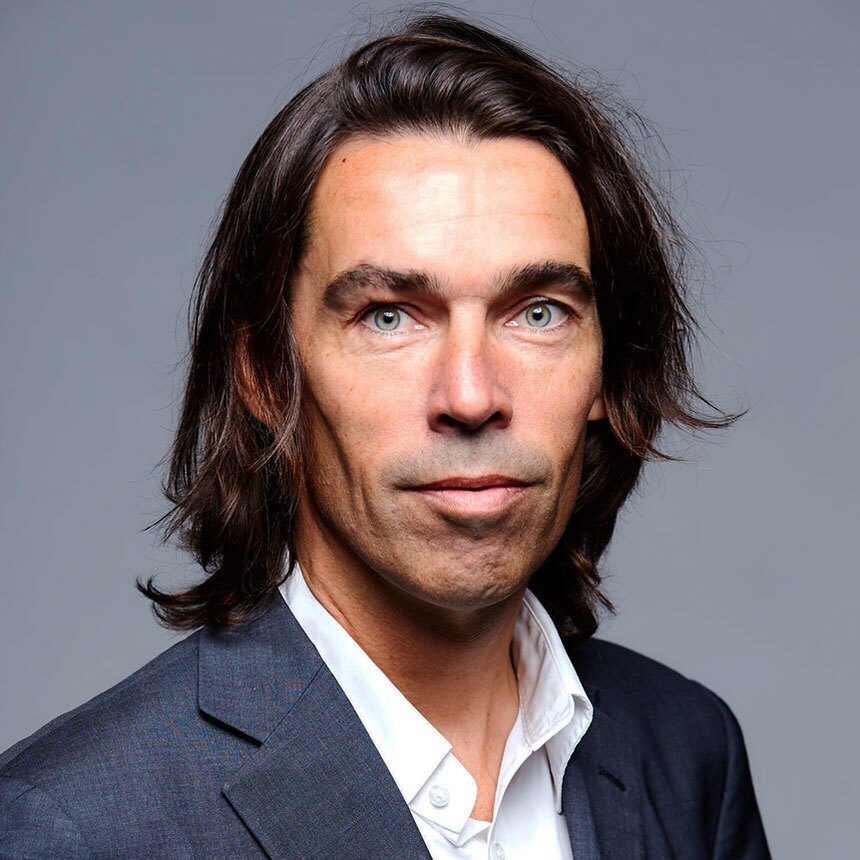WINDHOEK, Namibia — Developing a hotel in Africa comes with an extra set of challenges.
Globally, the hotel industry can at times be a bit slower to adapt to consumer trends, technology improvements and guest desires. Throw all this into the mix of Africa's developing hotel markets, and it takes more effort to get a hotel signed, built and opened.
One major challenge to hotel development in Africa is maintaining quality while also working quickly and efficiently, said Erwan Garnier, senior director of development at Radisson Hotel Group.
“Signing is the easy bit. Opening is difficult as before that all is cost. The Radisson Blu Niamey [in the African country of Niger] took 12 months to build, which in 25 years we had never seen,” he said on a hotel development panel at the recent Africa Hospitality Investment Forum.
Garnier added that successful development was due to selecting the right construction partners.
“They have had many projects and knew the game. We know that on average, design to construction in Africa takes between five to seven years, while in Europe, three to five years,” Garnier said.
Conversely, the development of the Radisson Blu Mosi-Oa-Tunya in Livingstone, Zambia, took 20 months, Garnier said. If a development partner is not as experienced, the hotel brand and management team must be willing to roll up its sleeves and be ready to address any hurdles along the way, he added.
Construction companies and designers must understand the new building and guest requirements, and that can change from market to market, said Turab Saleem, partner and head of hospitality, tourism and leisure advisory for the Middle East and North Africa at business consultancy Knight Frank.
“Development costs in Morocco are 30% less than they are in Europe; in Nigeria, easily 100% more,” he said.
The market for a good development partner might bring with it some sticker shock, Saleem said.
“Sometimes the right partner might be more expensive,” Saleem said, adding that there are currently 92,000 rooms in the African pipeline.
Paola Musoni, head of real estate at the Rwanda Social Security Board, said she often is at the wrong end of costly supply and construction materials purely because Rwanda is a landlocked nation.
“It is more expensive to get construction materials in, and import taxes make things more expensive. Overall, it remains a struggle. I do not always have the solution,” she said.
She added one partnership she has is with a company in Portugal that manufactures a type of wood that is long-lasting, adaptable and sustainable.
Neuro-adaptive architecture has become a top focus in the African hotel industry, but inconsistent construction costs and time frames pose a challenge to quick adoption. In the June 2024 edition of “Research in Globalization,” Ashish Makanadar, research associate at the Indian Institute of Management Mumbai, wrote that neuro-adaptive architecture “has emerged as an interdisciplinary field aiming to cultivate buildings and urban environments responsive to human emotions, cognition and well-being.”
Saleem said the new discipline is among the key considerations for Generation Alpha guests.
“Generation Alpha is selective about how they use technology, and they want to interact at every time and point. The requirement for instant gratification continues,” he said.
Hotels must help make guests healthier, both physically and mentally, Saleem said. An emphasis on wellness is necessary in guestrooms, food and beverage, meeting and co-working spaces, and spas and fitness locations.
He said hotels already have the science that will aid this process: health-promoting materials, low-volatile organic compound materials and future-proof materials, even operating models that can improve these neuro-adaptive environments via cost mitigations, easier supply-chain fundamentals and other wellness-oriented management concepts.
Some ideas that might have scientific and development credence might not work in the finished hotel product, panelists said, but trial and error is common in any significant leap forward.
Musoni said guest demand for wellness and experience will lead to an overall better travel experience for the consumer and the destination.
“We are seeing this a lot in Rwanda. It brings with it an eco-conscious tourist,” she said, adding that such an admission must be complemented by a visa structure that can attract both visitors and investors.
This change has come about in Africa in a speedy fashion, Garnier said.
“We entered the continent in 2000, and largely it was a business market. Now we see bleisure and the growth of serviced apartments. Also, urban centers that are becoming leisure centers, too,” he said.
Following the panel, Paul Stevens, chief operations officer for the Middle East, Africa and Turkey at Accor, said the industry wants hotels and brands to have local feel and experiences and is becoming more flexible to make sure that experience exists.
“There is a new phase of growth for us in Africa, certainly with conversions, and there are different challenges in each market, but we are getting better at it. Alignment is so critical, perhaps here more than anywhere else,” he said.


